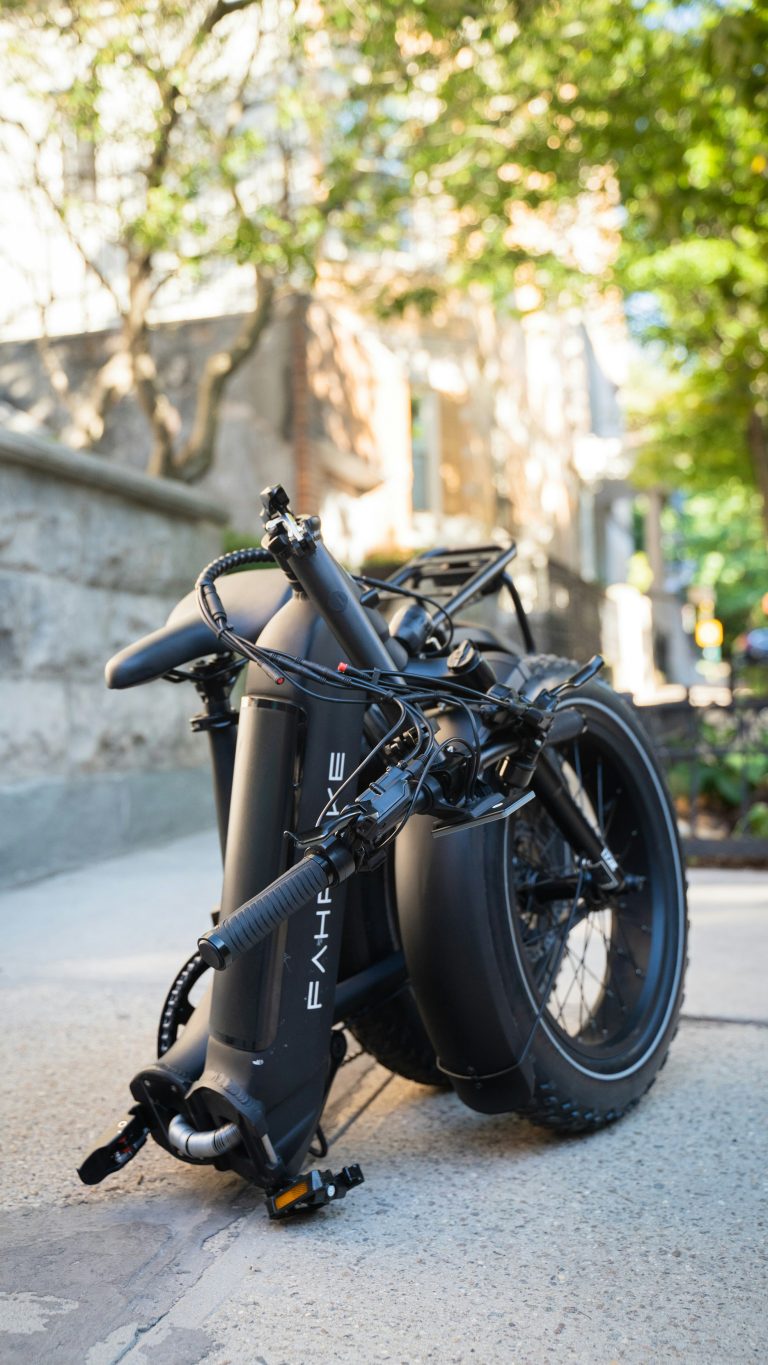How Many Years Does An EBike Battery Last?
Are you wondering How long your eBike battery will last? The lifespan of an eBike battery is a topic of interest for many riders. After all, the battery is a crucial component that powers your electric bike. In this article, we will explore the average lifespan of an eBike battery, factors that can affect its longevity, and tips on how to extend its lifespan. Whether you already own an eBike or are considering purchasing one, understanding the lifespan of the battery is essential for optimal performance and enjoyment of your electric bike.
Factors Affecting eBike Battery Lifespan
Battery Chemistry
The lifespan of an eBike battery is greatly influenced by its chemistry. Different types of battery chemistries, such as lithium-ion, nickel-cadmium, and lead-acid, have different durability levels. Among these, lithium-ion batteries are the most commonly used in eBikes due to their high energy density and longer lifespan.
Battery Capacity
The capacity of an eBike battery refers to its ability to store energy. A higher capacity battery will generally have a longer lifespan than a lower capacity one. This is because higher capacity batteries can undergo fewer charge-discharge cycles to meet the same energy demands, reducing wear and tear.
Battery Usage
The way you use your eBike battery can significantly impact its lifespan. Factors such as the frequency and duration of rides, the terrain you ride on, and the power level at which you operate your eBike can all affect battery life. Frequent and prolonged use, especially on steep terrains or at high power levels, can accelerate battery degradation.
Storage Conditions
Proper storage conditions are vital for prolonging the lifespan of an eBike battery. Extreme temperatures, both hot and cold, should be avoided, as they can cause irreversible damage to the battery cells. It is recommended to store the battery in a cool and dry place, away from direct sunlight and excessive humidity.

How Long Does an eBike Battery Typically Last?
Warranty Period
The warranty period offered by manufacturers can give you an idea of how long an eBike battery is expected to last. While warranty lengths vary, most eBike batteries come with a warranty of 2 to 3 years. However, it’s important to note that the actual lifespan of the battery may extend beyond the warranty period.
Cycle Life
The cycle life of an eBike battery refers to the total number of charge-discharge cycles it can undergo before its capacity significantly decreases. Higher quality batteries tend to have a longer cycle life, typically ranging from 500 to 1000 cycles. It is worth mentioning that “deep” cycles, where the battery is discharged to a lower state of charge, can reduce the overall cycle life.
Battery Aging
Over time, eBike batteries naturally age, which can result in a decrease in their capacity and overall performance. The rate at which a battery ages depends on various factors, including chemistry, usage patterns, and storage conditions. However, with proper care and maintenance, it is possible to slow down the aging process and extend the battery’s lifespan.
Temperature
Temperature plays a crucial role in the longevity of an eBike battery. Exposure to high temperatures can accelerate chemical reactions within the battery, leading to faster degradation. Conversely, extremely low temperatures can also affect battery performance and potentially reduce its lifespan. It is recommended to avoid exposing the battery to extreme temperatures and store it within the manufacturer’s recommended temperature range.

Tips to Extend eBike Battery Lifespan
Proper Charging and Discharging
To maximize the lifespan of your eBike battery, it is crucial to follow proper charging and discharging practices. Avoid overcharging the battery, as it can cause stress on the cells and shorten their lifespan. It is also advisable to avoid fully discharging the battery on a regular basis, as this can strain the cells and reduce their capacity over time. Instead, try to maintain a charge level between 20% and 80% for optimal longevity.
Avoid High Temperatures
High temperatures can be detrimental to eBike batteries. Avoid leaving your eBike or its battery in direct sunlight or hot environments for extended periods. High temperatures can increase the risk of thermal runaway, which poses safety hazards and accelerates battery degradation. Whenever possible, store your eBike and its battery in a cool and well-ventilated area.
Avoid Deep Discharges
Deep discharges, where the battery is regularly drained to a very low state of charge, can significantly impact the longevity of your eBike battery. While occasional deep discharges may be unavoidable, it is best to avoid them as much as possible. Shallow discharges, where the battery is not fully depleted, can help preserve the battery capacity and prolong its lifespan.
Keep Battery Clean and Dry
Regularly cleaning and maintaining your eBike battery can help extend its lifespan. Ensure that the battery contacts are clean and free from dirt, debris, or corrosion. Use a soft, dry cloth to wipe the battery if necessary. Additionally, keeping the battery dry and protected from moisture can prevent damage to the cells and circuitry.

Replacing an eBike Battery
Battery Replacement
Eventually, every eBike battery will reach the end of its lifespan and need to be replaced. The exact duration before replacement will depend on factors such as battery quality, usage patterns, and maintenance. When the battery’s capacity significantly drops, and it no longer provides adequate range, it is time to consider a replacement. Contact your eBike manufacturer or local bike shop for guidance on finding a suitable replacement battery.
Battery Recycling
When it comes time to replace your eBike battery, it is crucial to practice responsible disposal and recycling. eBike batteries carry hazardous materials, including heavy metals and toxic chemicals, and should never be thrown in the regular trash. Many cities and local recycling centers have specific programs for recycling electronic waste. Be sure to research and follow the proper protocols for recycling your eBike battery.

Conclusion
The lifespan of an eBike battery can vary depending on various factors, including battery chemistry, capacity, usage, and storage conditions. On average, eBike batteries tend to last around 2 to 3 years, but with proper care and maintenance, their lifespan can be extended. By following recommended charging practices, avoiding extreme temperatures, and keeping the battery clean and dry, you can ensure that your eBike battery remains in optimal condition for a longer period. Additionally, when it comes time to replace the battery, be sure to dispose of it responsibly by recycling it through designated electronic waste recycling programs.








